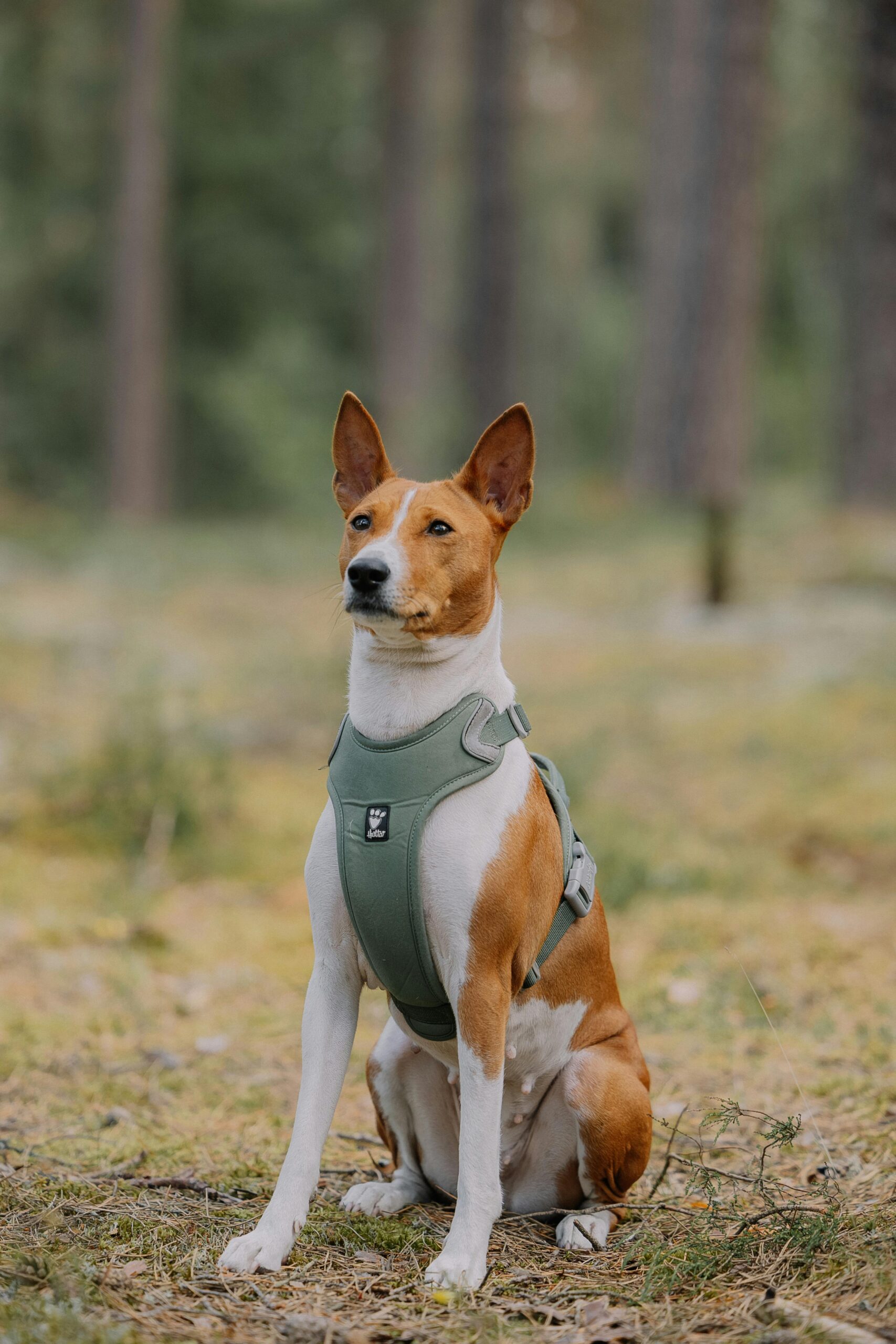Since the domestication of wolves ( dogs) species so many years ago, they have formed unique relationships with humans other than being companions ( pets) only.
They have evolved from companionship just like cats to being herders, athletes, and on the same side as humans fighting crimes.
Police dogs are service dogs also known as K9. K9 is originally an English word that means dog or canine.
They assist law enforcement agencies in fighting crimes and keeping law and order in all countries.
They are used in various roles from detection, search and rescue, tracking, patrol, protection, apprehension, etc.
Their strong prey drive, agility, obedience level, and sense of smell in collaboration with human intelligence and experience form a strong dog and human partnership.
Origin Of German Shepherd:

German shepherds were originally bred in Germany before they were introduced in other parts of the world.
In Britain, they were initially called Alsatian. They were used as working dogs to herd and gaurd livestock.
They were bred to create a versatile breed with high intelligence, strength, loyalty, and agility.
Because of their excellent abilities, they were introduced to almost every part of the country and were officially recognized by the American Kennel Club in 1908.
German Shepherds As A Police Dog:
Police dogs play an important role in human civility. For a dog breed to be considered a police dog, they must be courageous, intelligent, obedient, trainable, etc.
German shepherds can be considered an ideal dog as a police dog. They are highly intelligent, powerful, athletic, loyal, obedient, and trainable breed of dog.
German shepherds are ruthless when faced with dangerous situations and they can win a Pitbull in a one-on-one fight.
They can be trained to perform a series of law enforcement tasks such as
1. Detection Skills:
German shepherds can be trained to detect contraband substances such as narcotics, and other materials such as firearms, explosives, cadaver searching, etc.
The German shepherd has a strong sense of smell and they can also be trained to differentiate smell and scents effectively making them the ideal dogs for the police, customs, and other law enforcement agencies.
2. Patrol And Protection:
During the breakdown of law and order such as protests, their presence alongside law enforcement helps to instill caution on protesters and restore order.
They are used to chase down criminals on the run and provide additional backup and safety to officers and the public at large.
In high-crime neighborhoods, they are always used for patrolling to assist in apprehending criminals.
3. Search And Rescue:
German shepherds’ strong sense of smell as well as their stamina can be used in search and rescue operations by the police.
During these operations, they can help to find missing and trapped persons, survivors of natural disasters.
They can access territories and areas that are unsafe and inaccessible by humans which makes them invaluable in search and rescue operations.
4. Tracking Skills:
German shepherds’ keen sense of smell can be used to follow the scents of criminals or to track and detect objects of importance in a crime scene.
When trained from birth, they are excellent for criminal investigations involving scents. their sense of smell is 10,000 times more sensitive and specialized than the average human.
They can sense smell from both short and long distances and they don’t lose focus easily.
Their sense of smell works excellently well during both ground and air scent operations and they can also work excellently for longer periods without getting tired or losing focus.
5. Endurance And Stamina:
German shepherds are considered endurance breeds due to their high stamina, agility, and energy levels.
When trained as police dogs, they can work for hours without getting tired or losing focus. Their physical build, muscles, and mental strength contribute to their endurance and stamina levels.
6. Versatility:
They can be trained to work in different environments and climates which will be difficult for humans.
Their versatile nature enables them to also work excellently in calm and hostile environments.
How To Train A German Shepherd To Be A Police Dog:
It is quite a daunting task to train any breed of dog to be a police dog.
But with the German shepherd breed, it’s less challenging because they are the ideal breeds for a police dog because of their natural abilities.
In the latter part of this article, we will discuss how to train a German shepherd from a young age to becoming a K9 expert.
Start Early:
The learning phase in dogs and most animals is during their infancy and young adult stage including humans.
You should decide on time what area of policing duties you want your dog to specialize in as dog policing is multifaceted.
However, some dogs can be dual-purpose, but it’s important to specialize in an area during early training when they are young.
Specialization can be in the areas of sniffing and detecting narcotics, explosives, etc, or protection, tracking, search and rescue.
Socialization:
Young puppies should be exposed to social skills and activities from an early age usually when they are four weeks old.
You should take your young German shepherd to the parks or any environment where they can associate with other dogs, animals, humans, and the environment.
This exposure makes them less frightened and prevents unnecessary aggression when they see other dogs, animals, and humans later in the future.
They should be allowed to express themselves when outside without much restrictions.
The use of a leash when out socializing should be encouraged to engineer their mind to know you are in charge
Use Of Basic Obedience Training:
It is important to instill obedience training in all breeds of dogs most especially police dogs. They should be trained to be submissive to the dog owner.
Basic instructions such as sit, eat, stop, run, walk, and open your mouth must be taught at a young age.
The dog owner must have complete command and control over the dog as it is very necessary for police dogs.
These basic commands and instructions should be taught at a very early stage as it is more difficult to train an adult dog.
Build Trust:
Police dogs don’t only respect every instruction and command but they also have a high trust in their commanders (officers).
A dog owner or handler should not completely delegate training to others but should be present as often as they can.
Training sessions are a great way for dog owners or handlers to form positive and strong bonds with their German shepherds.
The use of treats, whenever they complete a training session, and good behavior, should be used by dog owners to build more bonds and foster communication.
Observe And Work On Behaviors:
By starting early, dog owners and handlers can take note of certain behaviors such as excessive and weak barks, laziness, chewing, jumping, removal of leash, timidity, etc.
Early training when they are still puppies or young adults enables dog owners and handlers to examine behavioral issues that can be corrected using instructions and commands.
One-word commands such as “stop or cease” when. barking unnecessarily should be used.
Always put back their leash when they remove it and use a one-word command such as “stop” to prevent them from removing it.
Offer praises using high-five handshakes and possible treats when they bark at strangers,
Tell them to be “quiet” as a gesture to signify you are either now in charge of the situation or the stranger is not a threat.
High-Level And Specialized Training:
When they are 8 weeks old, specific training such as scent detection, apprehension, and tracking should be introduced after they have mastered basic training.
1. Training on scent detection and tracking – This should be done using clothes or recognizable objects.
They should be made to sniff and walk a short distance following the scent to locate the cloth or object using their sense of smell only
2. Apprehension- This training should be done by professionals. this is when a dog takes down strangers who appear to pose a threat.
The use of protective materials and gears should be used. in this training, the dog should be instructed to bite using a one-word command such as “bite”, and “attack’.
Conclusion.
Training a German shepherd to be a police dog is not a walk in the park.
It is a challenging task but when done early and following the guidelines stated above, with patience, consistency, and the right motivation, it becomes a rewarding task.
Consultations with professionals such as veterinarians and K9 professionals should be considered.

